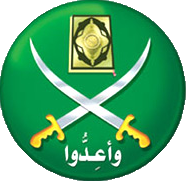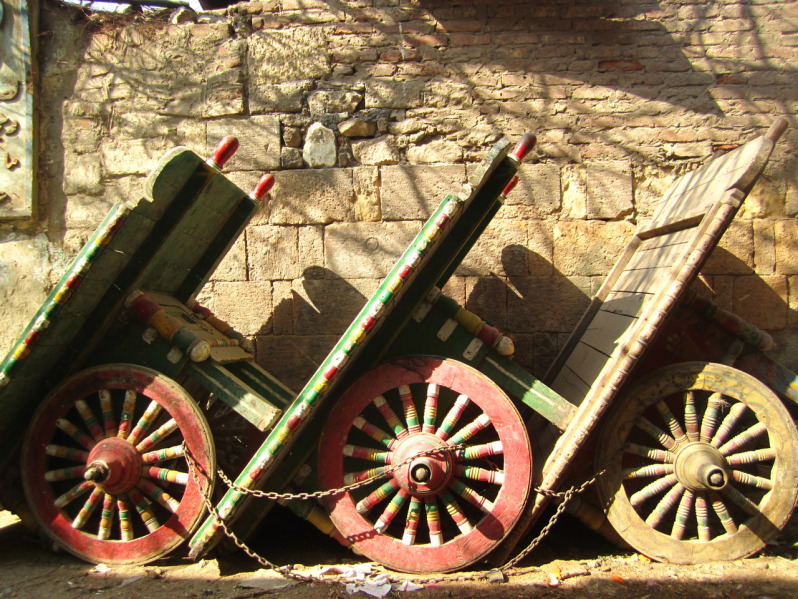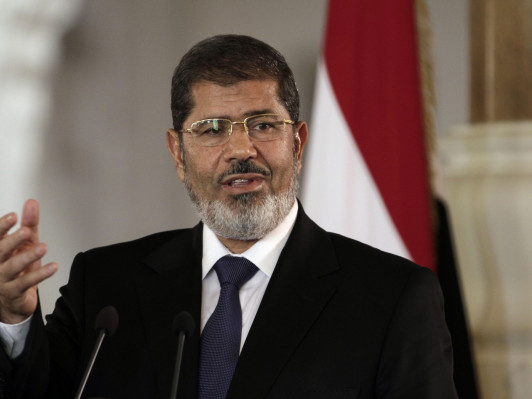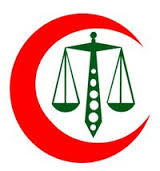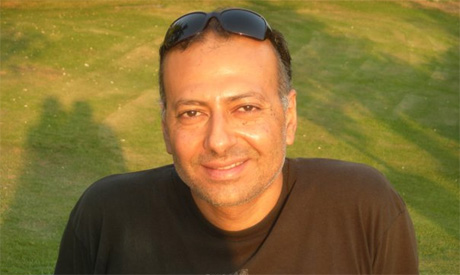The Muslim Brotherhood does not have the power to rule Egypt as the Nazis did Germany, but what it can do — and appears to be doing — is by failure open the way for an even graver dictatorship Last August, Wael Abbas, the writer of the well-known blog “Misr Digit@l”, wrote a perceptive article in Al-Badeel newspaper documenting the emergence of armed militias, whether Muslim Brotherhood or Ultras, or thugs or everything in between. He observed that these militias are merely the tip of the iceberg, and what is still submerged indicates a fascist hue that tinges Egyptian state and society.…
Leave a CommentAuthor: Khaled Fahmy
Khaled Fahmy is professor of history at the American University in Cairo and a visiting professor at Harvard University. His research interests include the social and cultural history of the modern Middle East, with an emphasis on the history of law, medicine, the army and the police in nineteenth-century Egypt. In addition to his academic publications, he also writes newspaper articles in both Arabic and English.
Published in Ahram Online on March 10, 2013
Egyptian and Gulf universities are in danger of violating academic freedom under the pretext of protecting national security
Leave a CommentPosted on Facebook on March 8, 2013 I’ve often wondered what is it that impresses me most about Mohamed’s photos? Is it their subject, their composition, their colors, or their characters? I remember well the first time I saw these pictures on his albums on Facebook, browsing through hundreds of photos taken of India, Sardinia, and of many European and Egyptian cities. By then, I had known Mohamed for more than four years, but suddenly while browsing through these images I felt as if I was getting to know him for the first time, for I was suddenly discovering…
1 CommentPosted on Facebook on March 3, 2013 Yesterday, I visited an exhibit held in Milan commemorating the 1700th anniversary of the Edict of Milan. Named “Constantino, 313 d.C” and held at the Palazzo Reale in Milan, it is truly an amazing exhibit. The curators have amassed together an incredible amount of artifacts from more than 100 museums, most of them from Italy, it is true, but there are also very precious pieces sent from France, Britain, Germany, Austria, Serbia and the US. The exhibition centers around Constantine’s conversion to Christianity and focuses on the text of the Edict of Milan…
Leave a CommentPublished in Ahram Online on March 1, 2013 Failing to reform the police, which was a basic demand of the revolution, will be detrimental to the rule of President Morsi In mid-1861, Said Pasha, the ruler of Egypt, issued a Sovereign Decree to all police chiefs replacing the penalty of beating with imprisonment. Accordingly, regulations were issued stating that since “penalties in the form of beatings of some criminals are intended to once and for all discipline those who commit crimes and sins, and serve as a deterrence to others, while keeping in mind effect without harm, we have decided…
Leave a CommentPosted on Facebook on February 27, 2013 Tomorrow I was supposed to got to Dubai to attend a one day workshop on Sunday in which the Alexandria Trust was expected to launch “al-Fanar“, a new publication devoted to the state of higher education in the Arab World. However, given the recent decision by the government of the UAE to deny entry to Prof. Kristian Coates Ulrichsen of LSE, the whole launch was cancelled. Dr. Ulrichsen was supposed to give a paper on Bahrain in a conference organized by the American University of Sharjah in collaboration with LSE. He had earlier…
Leave a CommentPublished in Ahram Online on February 24, 2013 The fate of forensic medicine in Egypt is illustrative of a wider collapse of state institutions Egyptians worked hard to build in the modern period In December 1877, a woman called Om Ibrahim went to the Alexandria police station to report that her son, Ibrahim Al-Masry, in his 30s, was missing. In her report, she said that she had accompanied her son to Alexandria a few months earlier when he arrived to look for work. Eventually, he found a job at a tailor’s shop owned by a Jew called Hanin Astafan, whom she…
Leave a CommentAn interview with AUC on the subject of my new book, Bodies of Law: Science, Religion and State Formation in Modern Egypt
Leave a CommentPosted on Facebook on February 18, 2013 Words I delivered today in Samer Soliman’s memorial service at AUC. Remembering Samer Soliman Samer was the very essence of duty, compassion and hope. During the ten short years I have known him, he was a beacon of inspiration, a sober, confident voice in times of distress and anxiety. Way before the outbreak of the January Revolution, Samer was constantly writing about social justice, about religious tolerance and about the need for immediate reform. He was a founding member of al-Bosla, one of the more incisive independent periodicals that offered a desperately needed…
Leave a Comment